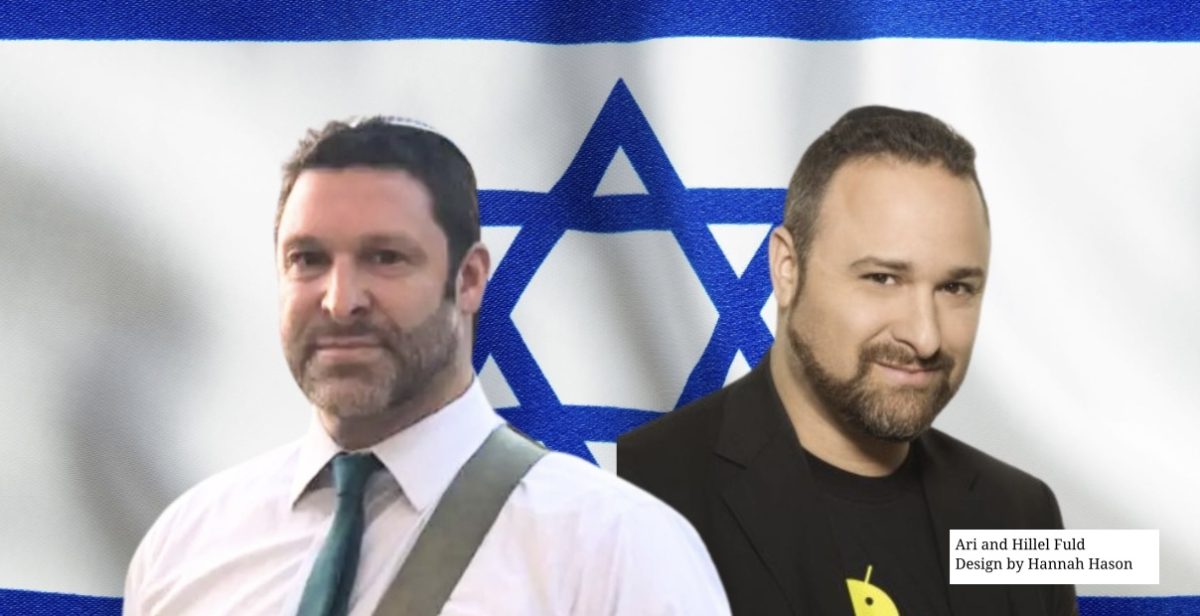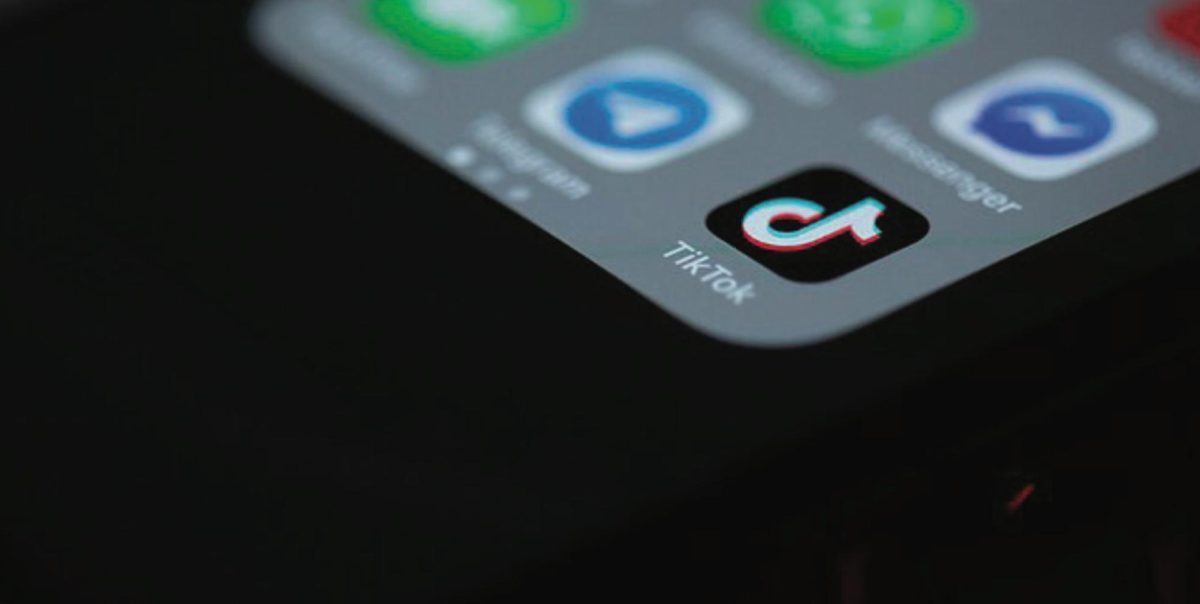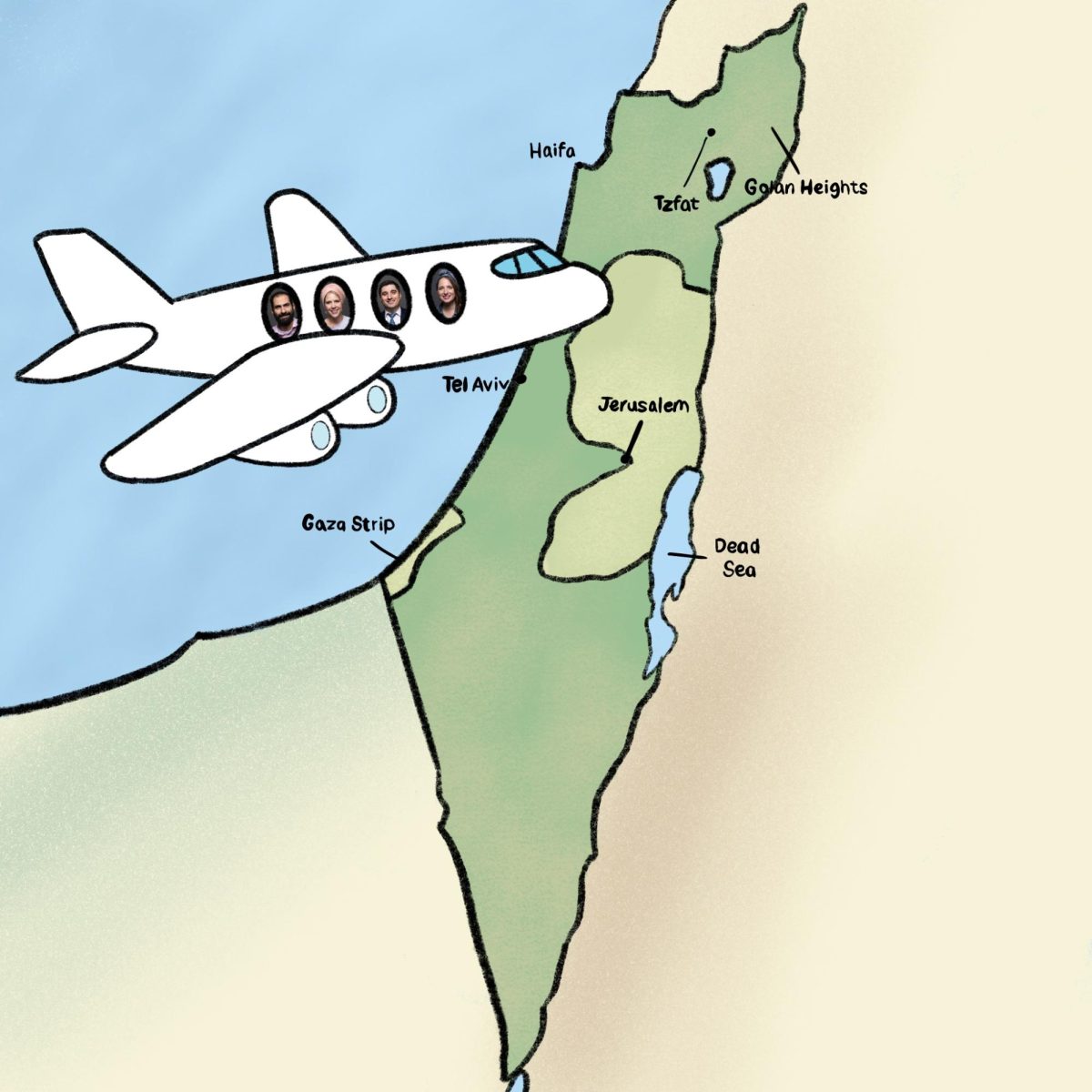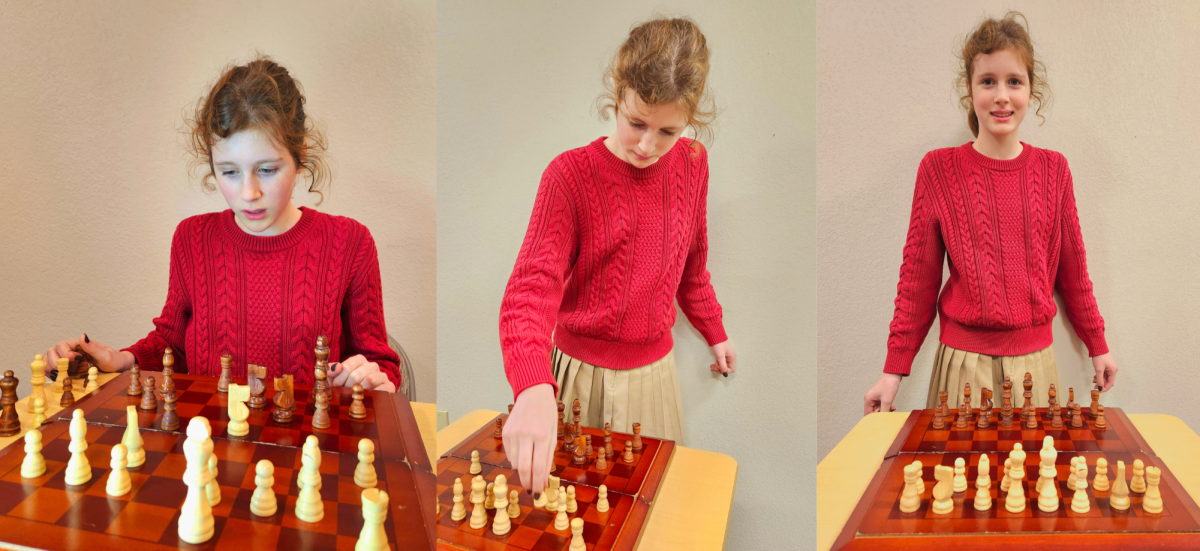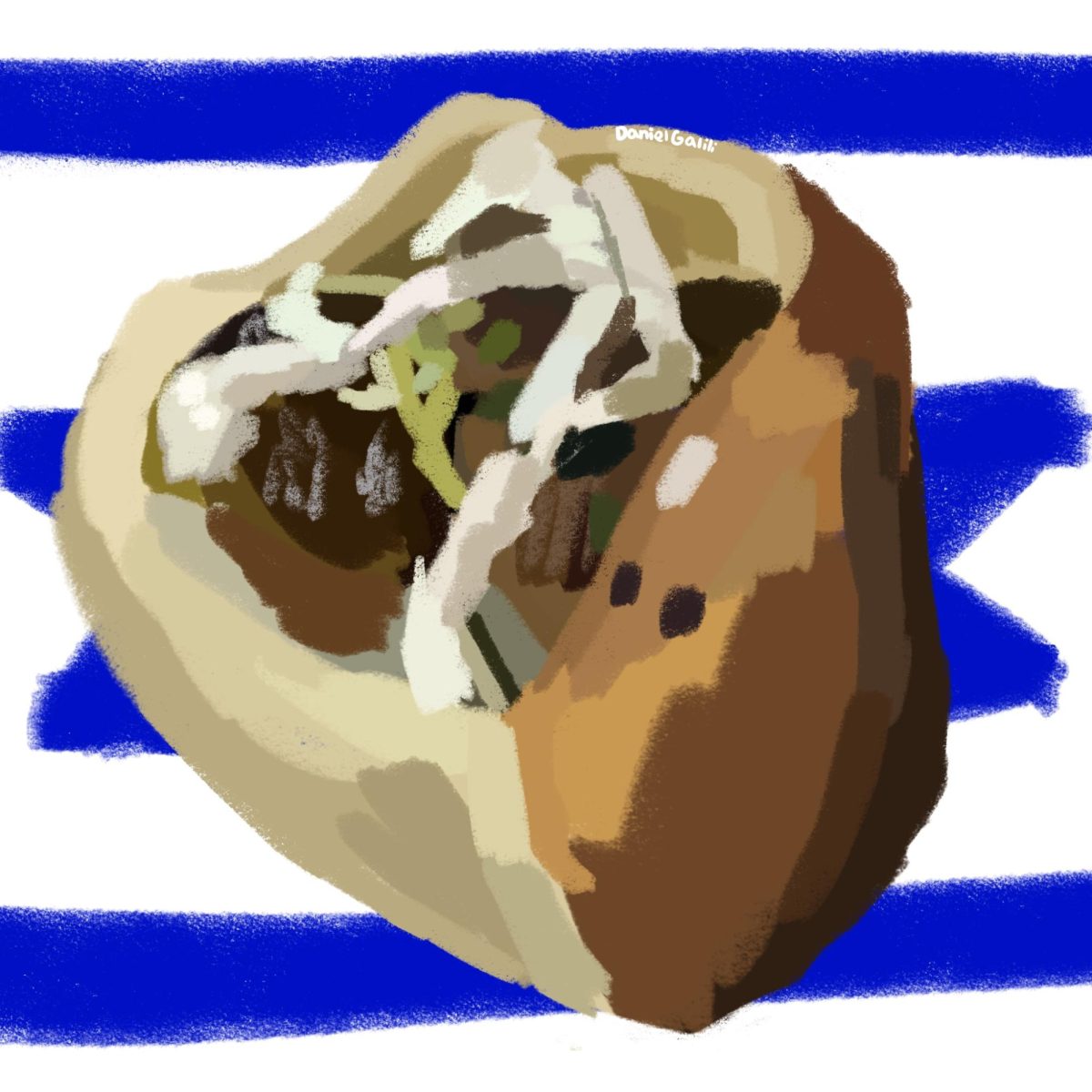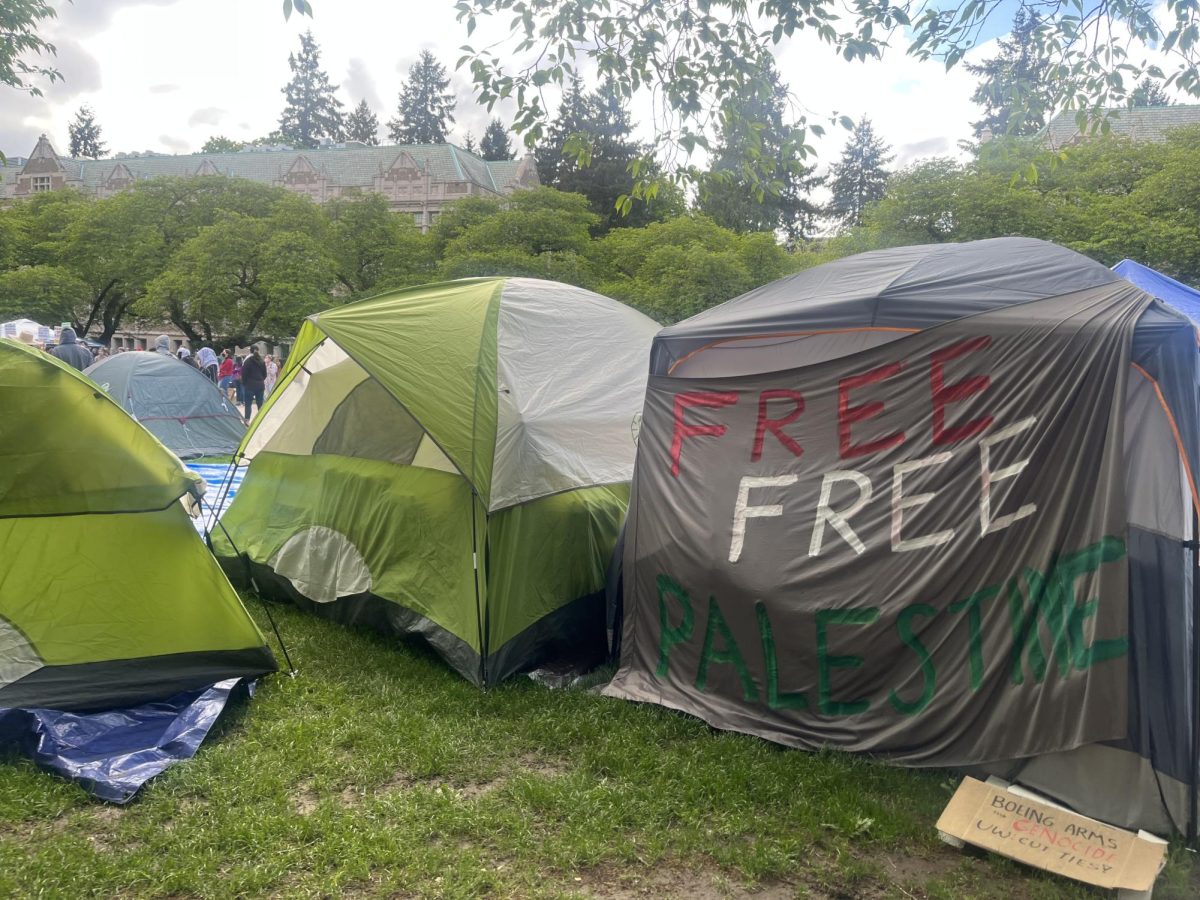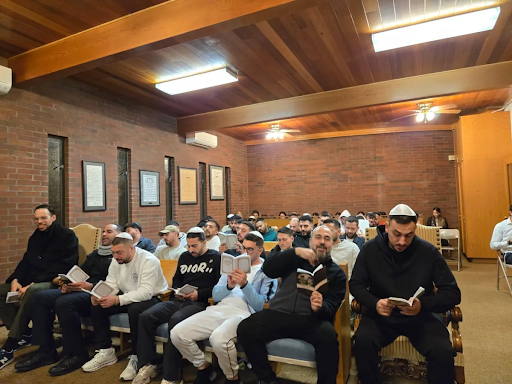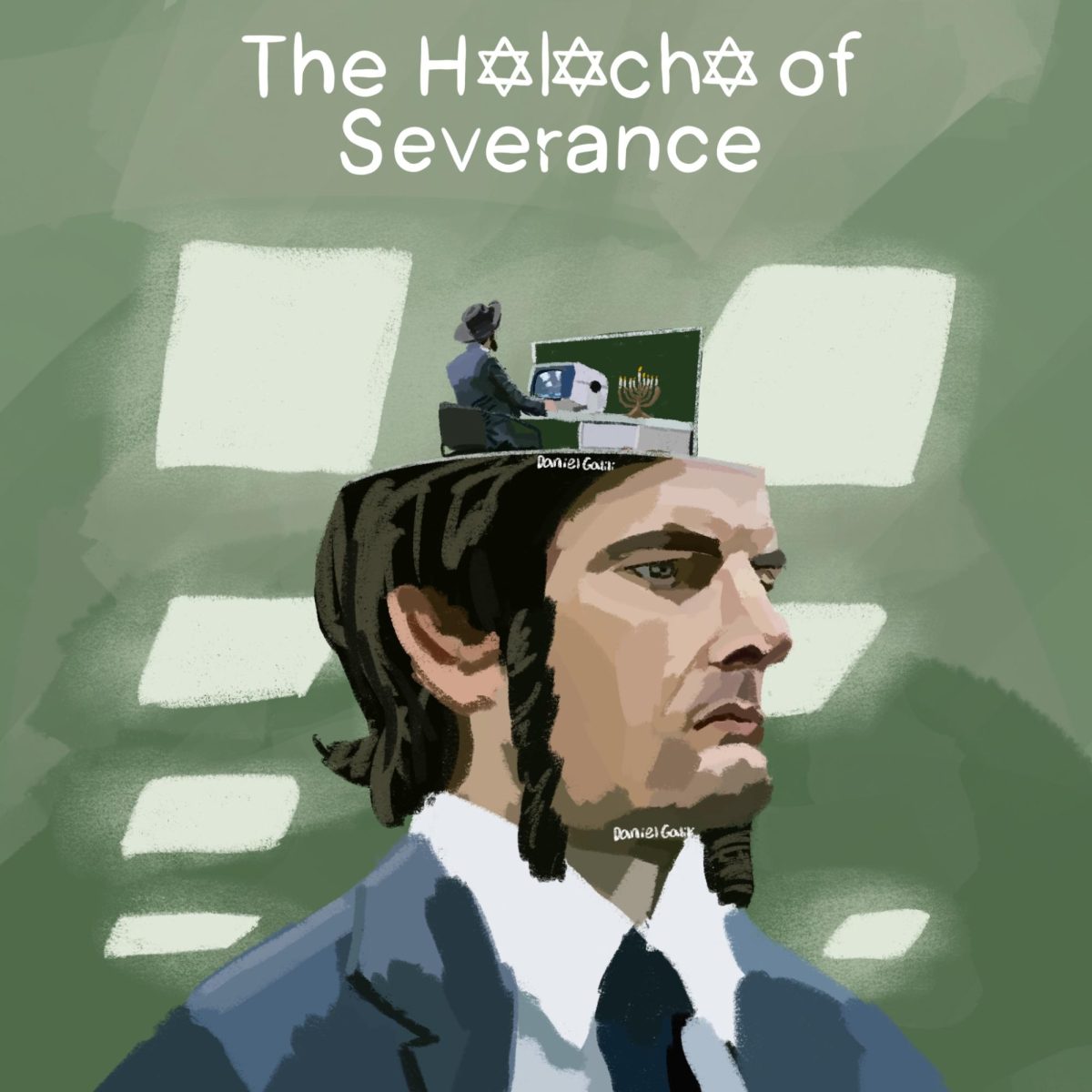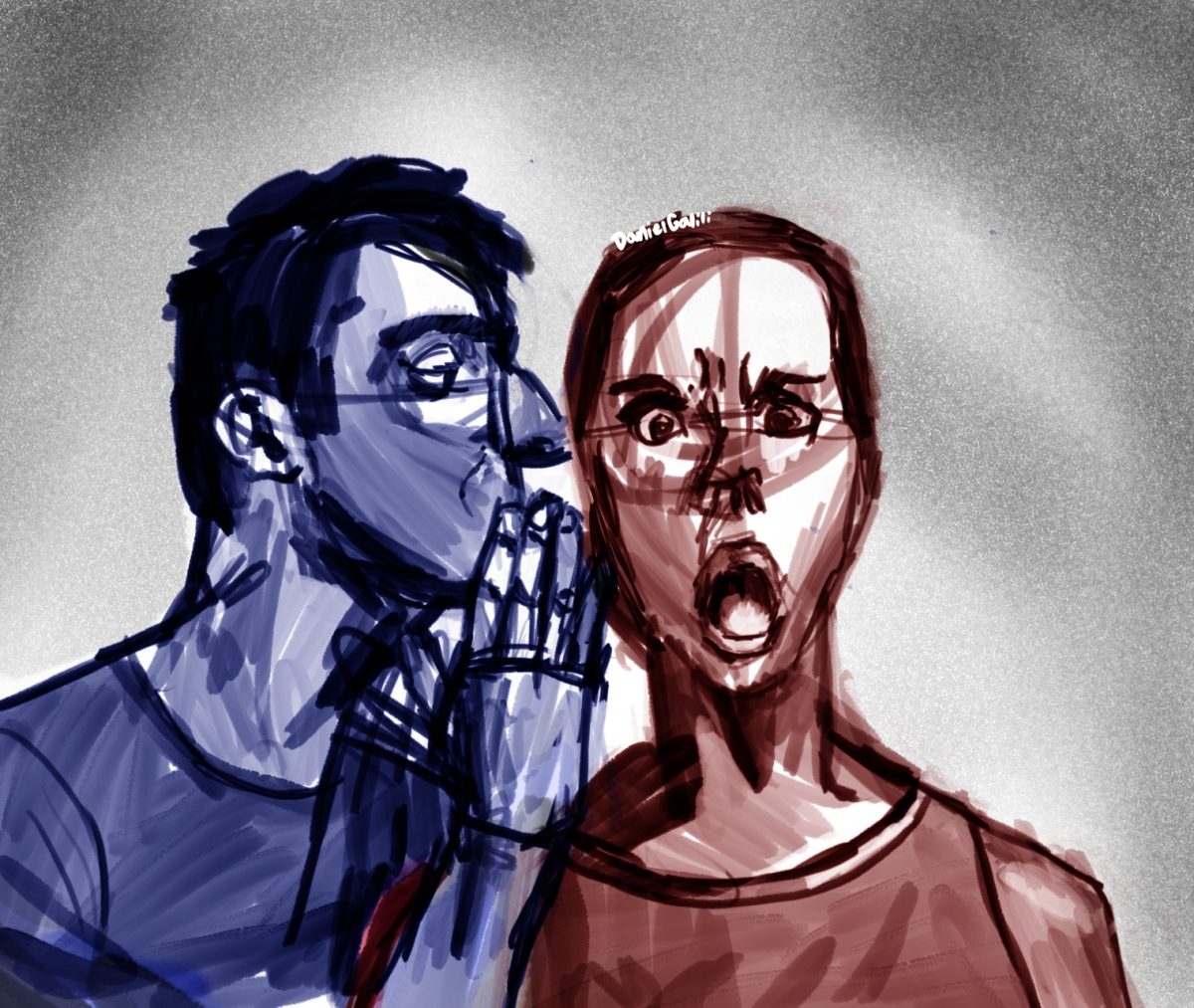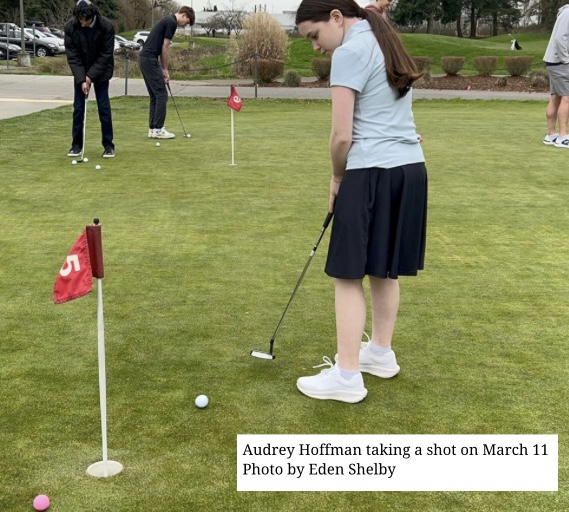For over a decade, Hillel Fuld used his social media platforms to share his passion for Israel, posting updates about the country’s tech industry, news and his personal opinions with over 173.2K followers on X, 100K on Facebook, and 78.2K on Instagram.
But in 2018, his posts became more personal after his brother, Ari, was murdered by a terrorist. Hillel’s social media shifted from a space to talk tech to a platform that also defended Israel and shared the reality of living in the Jewish homeland.
“After Ari was murdered, I took off the mask and spoke more about Israel. After October 7, I removed it completely,” Hillel said. “If you follow me, you’re not following a tech guy anymore, you’re following an Israel advocate.”
In 2018, Ari Fuld, a 45-year-old father of four, was shopping for Shabbat at a mall in the West Bank. As he left, a 17-year-old Palestinian approached him from behind near the entrance of a shopping center and stabbed him in the upper back. Ari got up, jumped over a small wall, and chased the terrorist while bleeding heavily. He saw him running toward a woman with his knife raised and managed to shoot him before collapsing. Ari was rushed to the hospital, where he was pronounced dead. The attacker was hospitalized and survived.
In January, Hillel once again had to share news he didn’t think he’d ever have to share: the man who killed Ari, Khalil Jabarin, was being released as part of a hostage and prisoner exchange deal.
After 466 days of pleading from Israelis and Jews for a deal to bring back the hostages taken on October 7, they finally received one. Only the numbers seemed off. Thirty-three innocent hostages, including children, were set to be exchanged for 1,900 Palestinian prisoners, many of whom were terrorists. After 471 days in captivity, hostages Emily Damari, Romi Gonen and Doron Steinbrecher were the first to come home as part of the deal.
Among those set to be freed wereMahmoud Atallah, convicted of killing a Palestinian woman and raping female prison guards; Wael Qissam, Wissam Abbasi and Muhammad Odeh, members of the Hamas Silwan Squadron responsible for bombings that killed 35 people; Ahmed Barghouti, serving 13 life sentences for terror attacks; Khalida Jarrar, a PFLP lawmaker involved in a deadly bombing; Mohammed Abu Warda, responsible for the 1996 Jerusalem bus bombings; Ismail Radideh, convicted of murder; Ashraf Abu-Srour, convicted for killing an Israeli soldier; Zakaria Zubeidi, a former Al-Aqsa Martyrs’ Brigades commander tied to multiple attacks; and Iyad Jradat and Ahmed Dahiri, involved in a deadly 2003 terror attack.
And Khalil Jabarin.
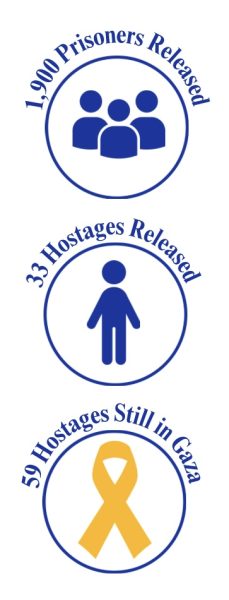
When I first heard that Ari had been killed, I was 10 years old. Ari was my uncle Hillel Fuld’s brother. It was the first time I experienced tragedy personally. I started to hear Ari’s name everywhere, from the headlines to conversations at school and synagogue. His story and heroism was shared over and over, how even in his final moments he fought to save others.
I, too, never expected to learn years later that his killer would be set free. For Hillel, this moment is especially painful. He has spent years being an activist and preserving Ari’s legacy, making sure his story is not forgotten and to show the world the reality of living in Israel right. Now, the man who took his brother’s life walks free as part of a deal meant to bring home hostages.
“Right now, the most important thing is ensuring that Israel brings its people home,” Hillel said. “Citizens should feel assured that if something happens to them, that our country will bring them back home.”
But at the same time, Hillel explained how complicated the deal is.
“I was packing up the car when my father called me and told me that Ari’s murderer was on the list of soon-to-be released prisoners,” Hillel said. “We hadn’t even been contacted by the government.”
He believes that at the very least, the government should reach out to the families.
“Give them a phone call, a visit, something to offer comfort,” Hillel said. “It’s important that there’s communication between the government and these families.”
Hillel further explained that the deal is both terrible and beautiful at the same time.
“Nobody really knew what their state was in terms of their physical and emotional well-being,” Hillel said regarding the hostages. “So to see them standing on two feet was a sigh of relief.”
Many people were against this deal, and even Hillel has said that Ari would have opposed an agreement like this, as he had publicly expressed opposition to similar hostage deals in the past, including one of Israel’s most well-known exchanges in 2011.
In that deal, Israel released over 1,000 Palestinian prisoners in exchange for one Israeli soldier, Gilad Shalit. Ari believed the released prisoners would return to violence—which he was correct about, as Yahya Sinwar, one of those released, later became a leader of Hamas and played a major role in orchestrating the October 7 attack.
“We, as you know, say blessings every morning about matir asurim [to free the captive],” he said. “It’s of utmost importance in our tradition that we free our prisoners, we bring our people home. So if this is the price we need to pay, we’ll pay this price.”

